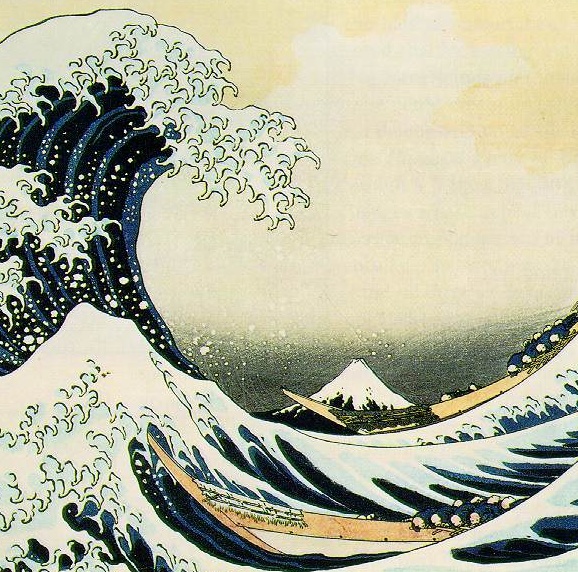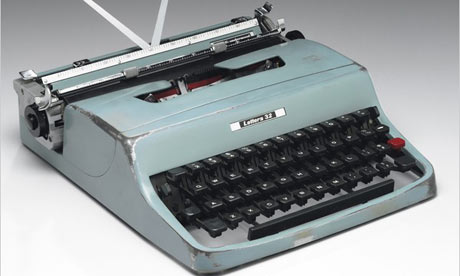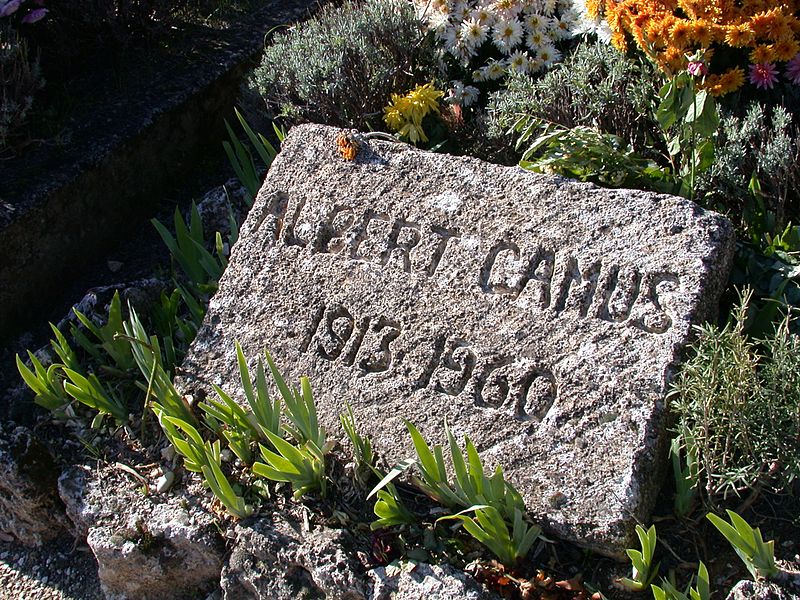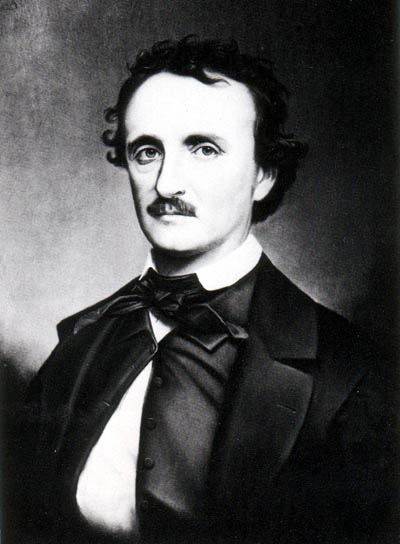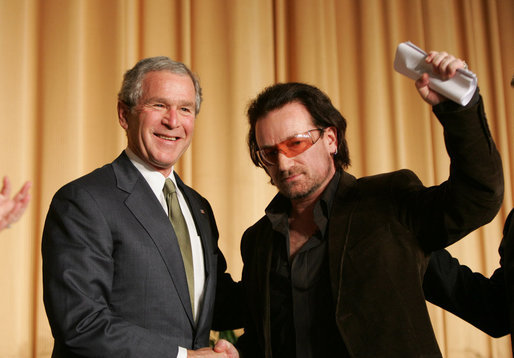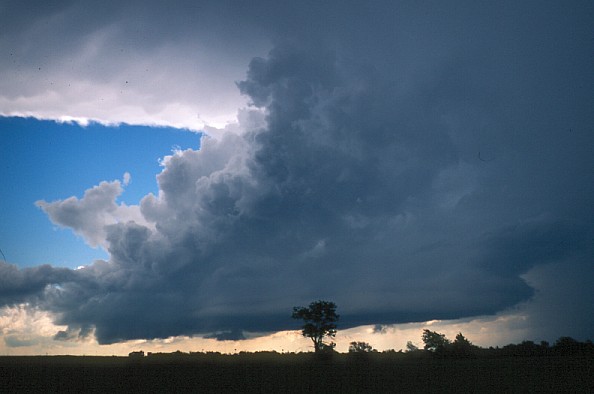The Doctor is IN, and back from a refreshing holiday hiatus. As we look forward to 2010, it seems appropriate to look at an intriguing invention from one of our leading futurists.
On one hand, Blio offers the advantage that it can preserve the typography, design, and illustration you find in a printed book. Much as I like my Kindle, I dislike the way it presents every work in the same generic typeface with none of the individual design touches that you find in a well-made print volume. On the the other hand, Blio has the possibility of providing a much richer package to the reader, adding soundtracks, video clips, 3D maps, animated diagrams, and so on to plain-vanilla text.
I think Blio's biggest plus right now is something simpler: the fact that it can work on multiple devices. Kurzweil argues, and I'd agree, that most people don't want to carry several gadgets around with them. If there's a tool that allows them to read a book on their laptops or their iPhones just as pleasantly as on their Kindles, the Kindles may wind up gathering dust in the cupboard. I believe that in a few years the e-book landscape is going to look quite different from the way it appears now, with Amazon far less dominant in the future than its current market share suggests. But that's maybe something to discuss in more depth at anothe time.
Meanwhile, Wired's Gadget Lab sees Blio as something much grander than a new way to read e-books. It declares "Blio looks solid, but it signifies something much bigger: the end of the paper book. Right now, e-books are poor copies of paper books, with a single advantage: convenience. A book is just a container for text, not its natural home."
Are paper books obsolete? I have my doubts, for reasons I'll discuss in my next post. Meanwhile I'll welcome comments from you.








